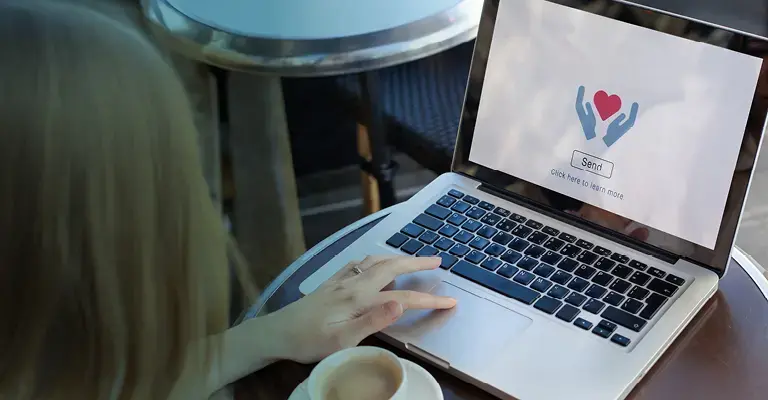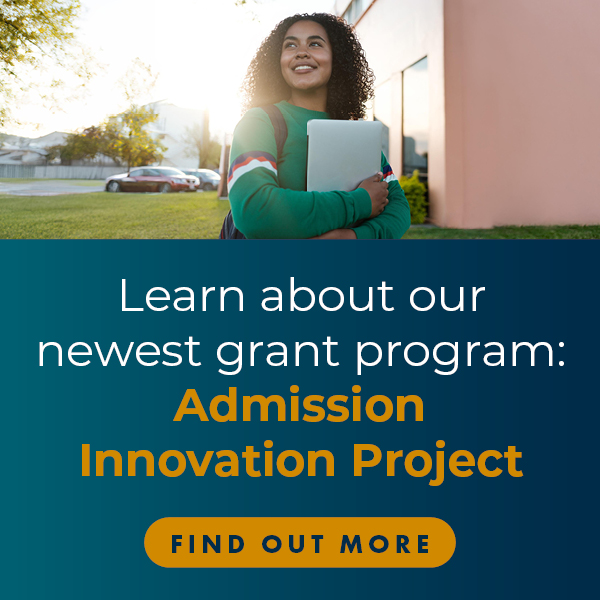Since launching our grantmaking activities in 2014, we have awarded over $26.4 million in support of our research priorities: access, affordability, and the value of legal education.
Awarded Grants
Grant Program
Grant Status

Bowie State University
Prelaw Society: Prelaw Pathway Initiative
The Prelaw Society at Bowie State University supplements the Prelaw minor curriculum through activities that provide a supportive community. Through advising, workshops, networking opportunities, scholarly forums, and mentorships with judges, faculty, and attorneys, the program equips students from all majors with the knowledge, skills, disposition, and connections necessary for success in the legal field. The Prelaw Society empowers students with a solid foundation for their future legal careers.
![Institute for the Advancement of the American Legal System, University of Denver [logo]](/sites/default/files/styles/image_fallback/public/2025-02/IAALS_DU_Logo_Vertical_Color.png?itok=B97ODZtP)
University of Denver and the Institute for the Advancement of the American Legal System (IAALS)
Pathways to Legal Licensure: Individualized and Comparative Outcomes
The purpose of this research is to gain an empirically grounded understanding of the degree to which both exam-based and performance-based approaches to legal licensure are valid, reliable, fair, aligned with curriculum, and feasible — as well as the degree to which these pathways achieve their own stated goals. Findings of this study will support development of robust legal licensure ecosystems across the country.
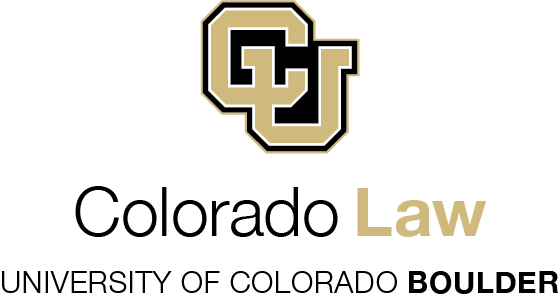
University of Colorado Law School
Colorado Pre-Law Pathway Partnership (CPPP)
This collaboration between the University of Colorado Law School (CU Law) and Metropolitan State University of Denver (MSU), a Minority Serving Institution, seeks to increase matriculation into law school by MSU undergraduates from underrepresented racial, ethnic, and socioeconomic backgrounds. The Program uses a differential treatment methodology to grow the knowledge base about pre-law supports through a novel, long-term intervention focused on student awareness, engagement, and belonging.
The Law College Association of the University of Arizona (LCA) on behalf of the James E. Rogers College of Law
Expanding Bar Admission Pathways to Fill Access to Justice Gaps in Arizona
The Arizona Supreme Court has recently adopted the Arizona Lawyer Apprentice Program as a supplemental bar licensure pathway that will address general state needs for more lawyers and respond to the pervasive challenges of access to justice, including legal deserts in rural Arizona. This approach, combining alternative licensure and advanced training, could become a model for other states and builds on Arizona’s long tradition of legal innovation, including access to justice reforms.
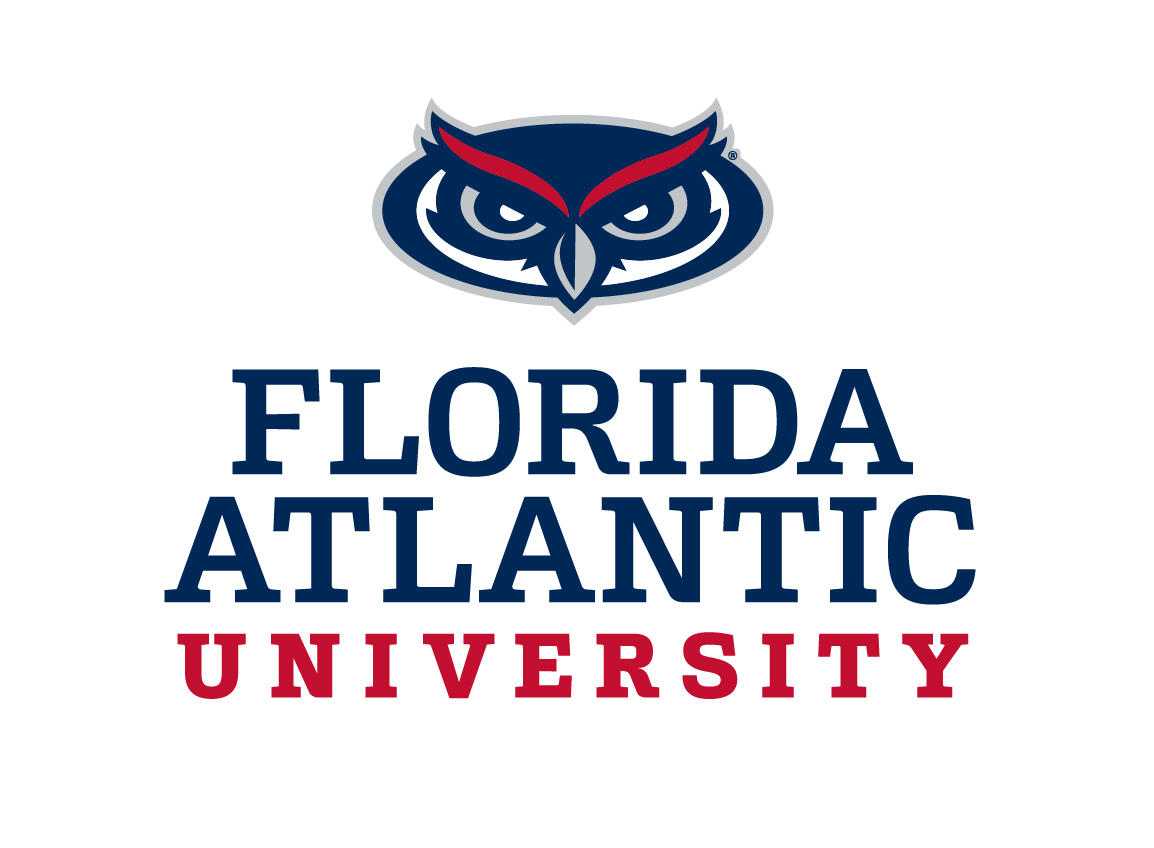
Florida Atlantic University
Florida Atlantic University Pre-Law University Services (PLUS) Expansion [PLUS-Expansion]
FAU's focus is on traditionally underrepresented groups in law. FAU will: 1) Create an inclusive pre-law community for all students, especially those historically underrepresented in law; 2) Eliminate barriers for law school applications; 3) Build a pre-law hub of services to enhance and integrate existing FAU Pre-Law University Services (PLUS) resources; and 4) Establish a formal articulation agreement with St. Thomas University, setting an example for partnerships with other law institutions.

Hampton University
2023 Bar Success Research Grant Program
This study seeks to examine the effects of undergraduate institution type on Bar Exam passage rates. The insights that may be gained from this study can serve to assist HBCUs in designing their pre-law offerings and allocating their resources accordingly. Additionally, these findings may better inform and empower HBCUs and their collaborative partners (e.g., law schools, law firms, and other business/professional entities) seeking to positively impact diversity in the legal profession.
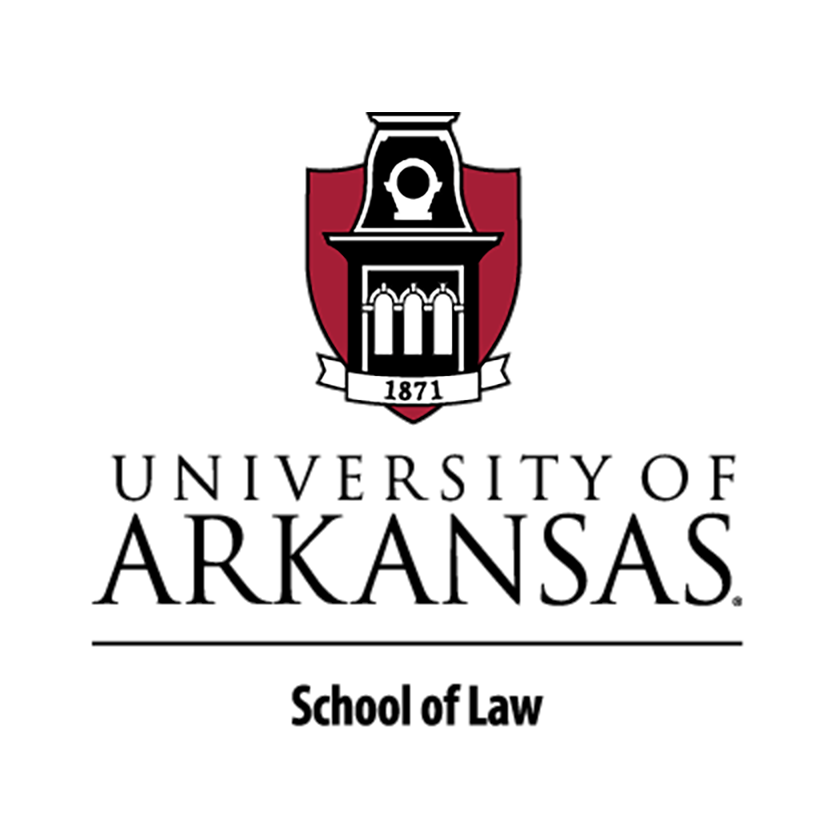
University of Arkansas
Summer Pre-Law Program Arkansas [SPPARK]
SPPARK is an intervention program that addresses challenges in the educational pipeline to the legal profession by exposing historically underrepresented students to information, skills, resources and mentors focused on facilitating successful matriculation into law school and the legal profession. We will conduct a quasi-experimental process and outcome evaluation of SPPARK that involves the differential treatment of participants with high-intensity treatment and low-intensity control groups.
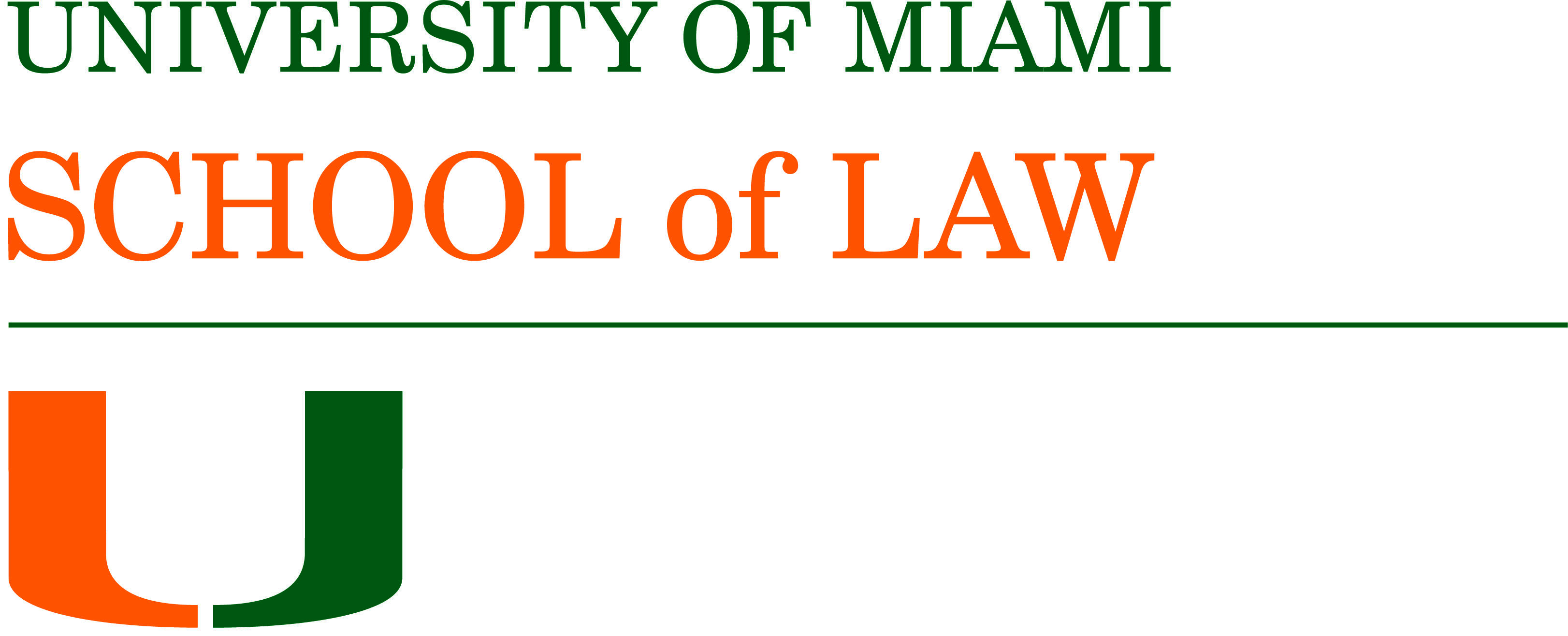
University of Miami
Grant Title: The Relationship Between Curriculum Selections and Bar Exam Sub-scores
This project analyzes the impact of taking courses in bar-tested areas and performance in those areas on the bar exam, helping law schools to better understand factors contributing to bar success. Florida is an ideal state for this work as the Florida bar reports sub-scores in topics allowing us to compare taking specific courses (e.g., wills) and performance on that subset of bar questions (e.g., wills scores). Additional items will also be studied (GPA, LSAT, transfer status, etc.).
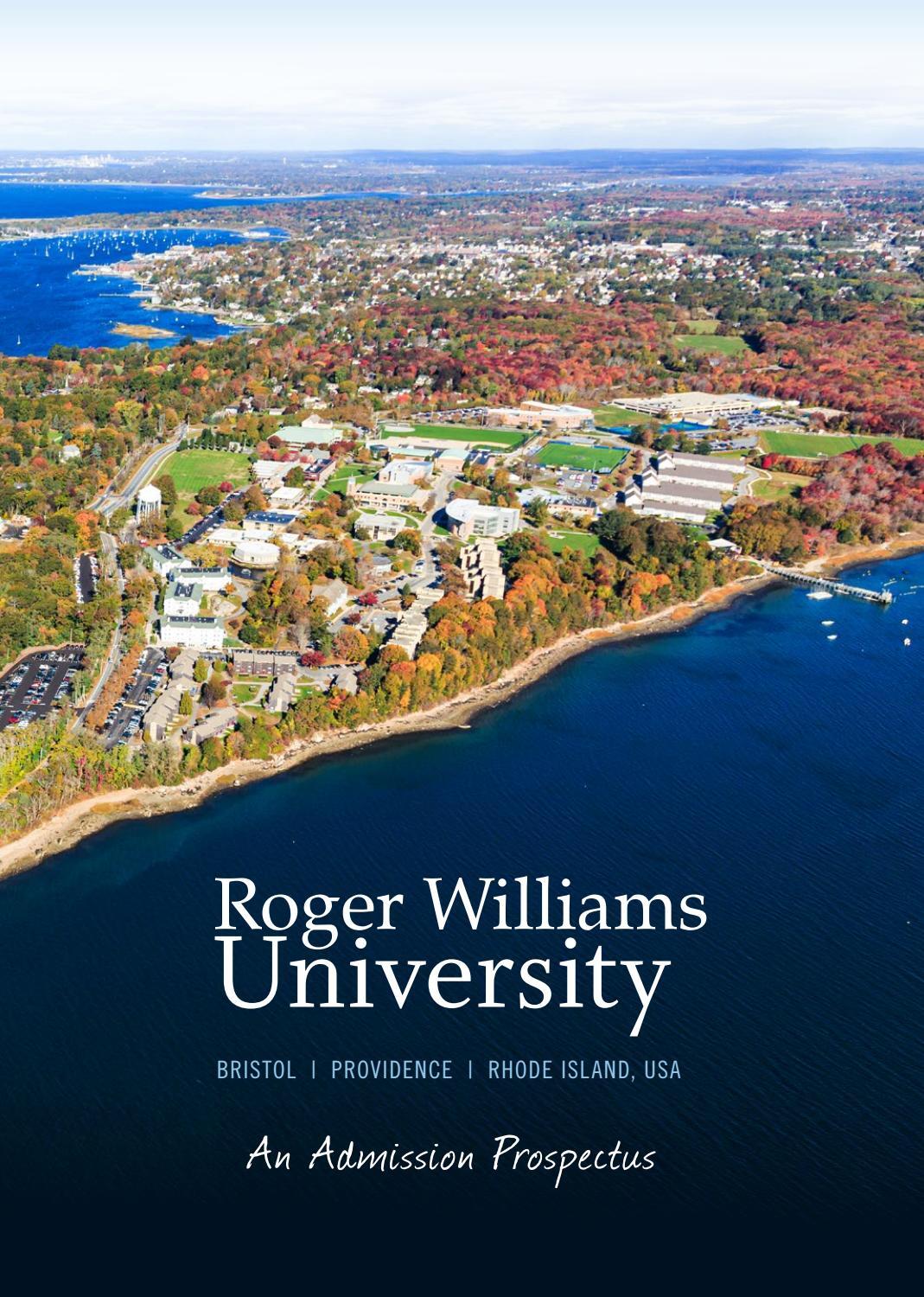
Roger Williams University
The project seeks to identify law schools that consistently overperform—and underperform—on their expected bar exam passage rates, controlling for the quality of the students they accept. The project plans to examine which state bar exams law graduates take and the difficulty of those bar exams. The project will also determine the school-specific characteristics leading to overperformance among law schools that consistently beat their estimated bar passage rate by interviewing deans at these law schools.

